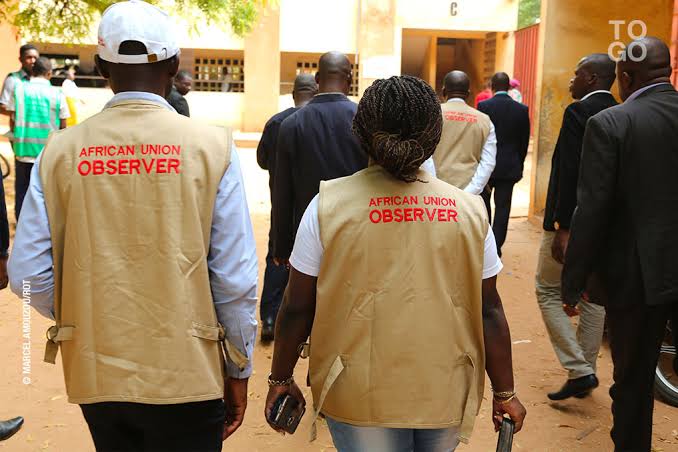
The preliminary report from the African Union election observation mission (AUEOM) on the conduct of the presidential and national assembly elections in Nigeria has been made public.

The group raised alarm over the late start of voting in 83 percent of the polling places it watched and faulted the logistics arrangements in the report released on Monday, February 27.
“The average wait time exceeded an hour. They occasionally stayed open till 11:00 am. According to the study, this was mostly caused by the sluggish setup of the polling places and the late arrival of polling officials and equipment.
The organisation demanded that the “electoral logistics operations strategy” be reviewed in order to guarantee the prompt deployment of electoral people and materials as well as adequate capacity building.
The AUEOM also criticised the uneven distribution of voters across polling places, claiming that the imbalance in the electorate’s distribution put a hardship on election authorities.
This had a number of effects on the process, including straining some poll workers who had to deal with a lot of people. The research states that this difference in voter allocation also affects the best use of INEC resources, especially in polling places with few voters.
The Mission applauds the inventive use of BVAS technology in voter accreditation. This increased the process’s legitimacy. The BVAS worked properly in 94% of the polling places examined, according to the report.
“In certain instances, the Mission noticed that the process was slowed down by the small number of BVAS compared to the huge number of voters allotted at a polling unit, which led to anger among the voters who had to wait longer in the queues,” the mission reported.
The number of BVAS devices “deployed at each polling unit to meet the allotment of voters per unit” was advised by the AUEOM.



